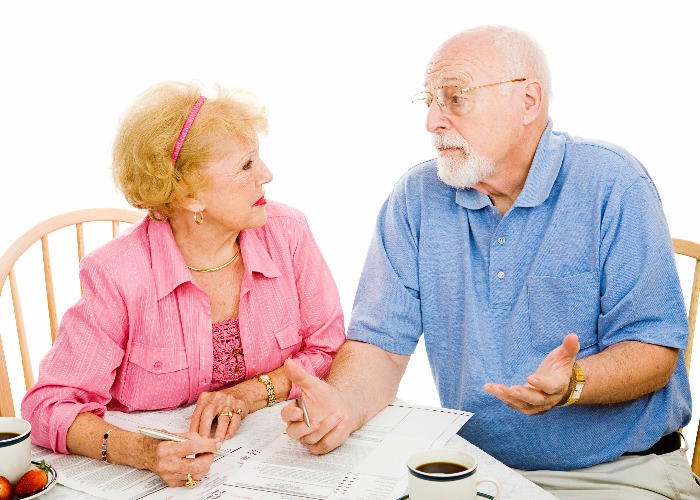Retired households paying £4,000+ in tax

Tax bill for retired households the equivalent of 18% of annual income, with poor households hardest hit.
The average retired household is paying out around £4,100 a year in direct and indirect taxes.
That's according to MetLife's analysis of new figures from the Office for National Statistics, which reckons that equates to 18% of an average retired households' income and totals a whopping £29 billion a year.
The biggest contributor is VAT, with retired households contributing an average of £1,865 a year, the equivalent of 8% of their income. Fuel duty makes up £262 of the tax intake, while alcohol duties cost £242.
Lower income households hit hardest
Perhaps unsurprisingly, it's the households with the lowest incomes that are hardest hit by their tax bill. Retired households that are ranked in the bottom tenth of the population for income lose nearly a third of their income on tax.
In contrast, retired households with incomes in the top tenth pay out 14% in tax. That's despite having incomes as much as seven times higher than those in the bottom tenth.
Dominic Grinstead, managing director at MetLife UK, said that retiring from work unfortunately doesn't mean retiring from paying tax, whether direct or indirect.
He added: “The launch of pension freedoms has highlighted the issue of tax as many people rush to take their pension funds in full, risking unnecessary bills and providing further revenue for the Government.”
Read How to take tax-free cash from your pension.
Enough tax to buy a new car
Earlier this year research from Prudential suggested pensioners are shelling out even more significant sums on tax, at an average £6,500.
Stan Russell, retirement expert at Prudential, said: “It’s a stark reminder that not all the income you receive in retirement will be yours to spend as you like.”
Read Pensioners paying enough tax to buy a new car.
Earn 5% interest from your bank account
More on retirement:
Comments
Be the first to comment
Do you want to comment on this article? You need to be signed in for this feature